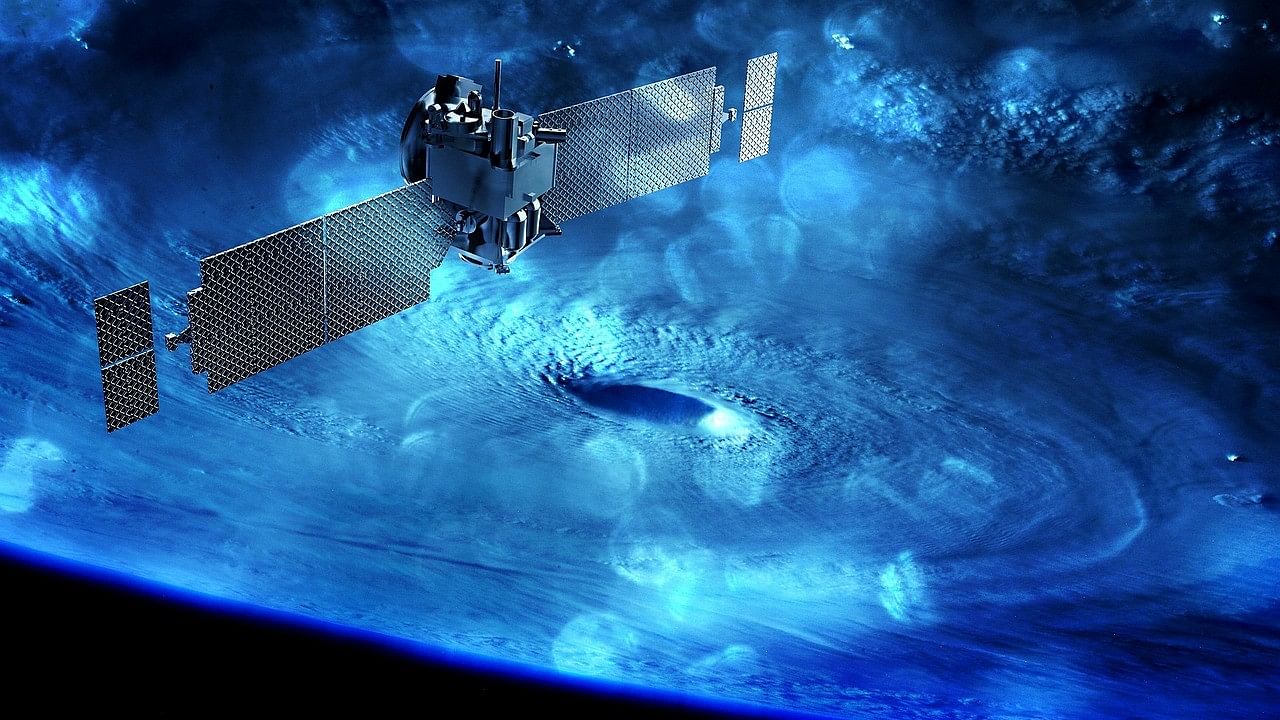
Representative image.
Credit: Pixabay Photo
India’s aspirations for self-reliance in satellite navigation are set to find a truly indigenous thrust.
An Indian company, for the first time, will design and manufacture chipsets capable of processing signals from Navigation with Indian Constellation (NavIC) developed by the Indian Space Research Organisation (Isro).
The Ministry of Science and Technology and the Ministry of Electronics and Information Technology are collaborating with Hyderabad-based Manjeera Digital Systems in the design and commercial production of these chipsets that can receive and process NavIC signals.
"The process of getting the module validated by Isro is on. This could take a month; we are hoping to be in the market by the first quarter of 2024,” Venu Kandadai, founder and CEO, Manjeera Digital Systems, told DH.
Smartphones and navigational gadgets capable of using NavIC signals have to incorporate NavIC-compatible microchips designed to process the signals from seven Indian satellites. These gadgets have been using chipsets made by foreign companies, like Qualcomm Technologies (USA) and Mediatek (Taiwan), the Ministry of Science and Technology said.
Strategic importance
Kandadai said the indigenous development of these chipsets is critical to a navigation system that has strategic applications. “The design of these chipsets follows a series of guidelines stipulated by Isro, which include aspects like power consumption. Once the design is finalised and the production reaches commercial scale, adoption of NavIC will also increase substantially,” he said.
NavIC can track precise geographic locations and user movements across India and 1,500 km beyond its territorial boundaries. Kandadai sees varied applications for the navigation system – from vehicle tracking to weather alerts delivered to fishermen.
The government has plans to make NavIC support mandatory in phones and automobiles. Apple has included support for NavIC in the iPhone 15 Pro models.
Manjeera has designed a baseband processor chip that uses the indigenously developed Universal Multifunction Accelerator (UMA) processor, capable of receiving, reading, and processing NavIC signals, the Ministry said.
“With our computational needs increasing exponentially, the adoption of high-performance computing (HPC) processors becomes important. UMA is India’s own HPC processor which will also have a key role to play in 5G and 6G services,” Kandadai said.
NavIC, previously the Indian Regional Navigation Satellite System, is designed with a constellation of seven satellites and a network of ground stations. It offers standard position service (SPS) for civilian users and restricted service (RS) for strategic users.
According to Isro, NavIC signals are designed to provide user position accuracy better than 20 metres and timing accuracy better than 20 nanoseconds. NavIC SPS signals are interoperable with other global navigation satellite system signals like GPS, GLONASS, Galileo, and BeiDou.
Highlights
Navigation with Indian Constellation (NavIC) comprises 7 satellites and akin to GPS, GLONASS and Galileo NavIC offers standard position service (SPS) for civilian users and restricted service (RS) for strategic users.
To use NavIC, you need chipsets to read the signals; Manjeera Digital Systems is developing the chips.
As of now, only companies like Qualcomm (USA) and Mediatek (Taiwan) are developing the chipsets.
NavIC can have varied applications, from vehicle tracking to weather alerts.
Apple has included support for NavIC in the iPhone 15 Pro models.